Judex (1963)
“I don’t understand what it is that this Judex wants.”
|
Synopsis: |
|
Genres, Themes, Actors, and Directors:
Response to Peary’s Review: While Judex “promises to protect her,” “she is kidnapped and would die a couple of times before he reaches her if it weren’t for a couple of fluke happenings (chance plays a major part in this film).” Indeed, it’s really “greedy, cunning, sexy villainness Diane Monti” (Berge) who takes center stage in the storyline: As Peary writes, “Whether putting on her moral act, plotting a crime while doing a hip-bopping dance with Morales”: … “checking her looks in the mirror while wearing her habit, stabbing Jacqueline in the back, or coming on to a tied-up Judex”: … “she has a lot of flair.” Meanwhile, during a crucial rescue scene, after “Judex daringly climbs the outside of a tall building in order to capture Diane and Favraux” only to be “conked on the head and tied up,” it’s “a woman, Daisy [Sylva Koscina]” — the “circus-performer girlfriend” of Jouanneau — who “just happens along [at the right time] in her circus garb, climbs [a] building, and unties [Judex].” This is a girl-power film for sure. With that said, fans of Franju’s incomparable Eyes Without a Face (1960) will be disappointed to see that Edith Scob’s character here is neither compelling nor energized: Again, it’s Berge’s show all the way, and she alone makes it worth a look. Notable Performances, Qualities, and Moments: Must See? Links: |
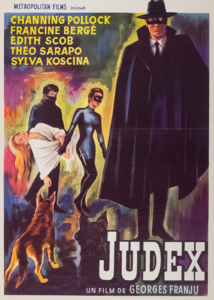
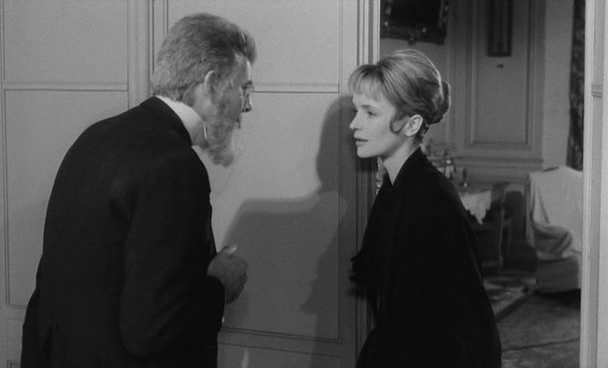
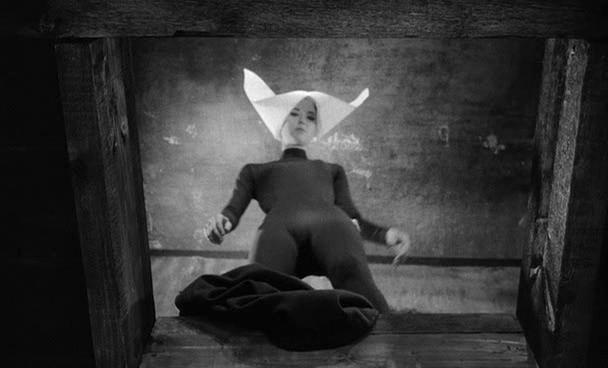


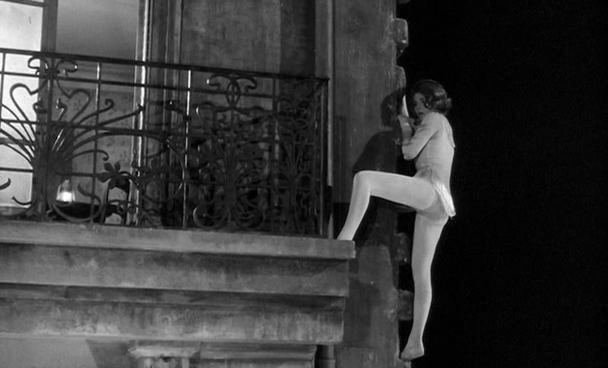


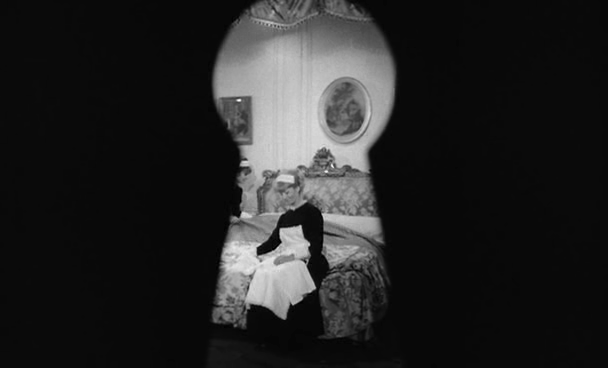
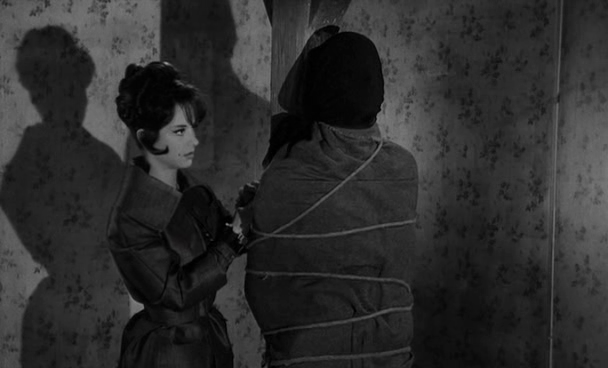
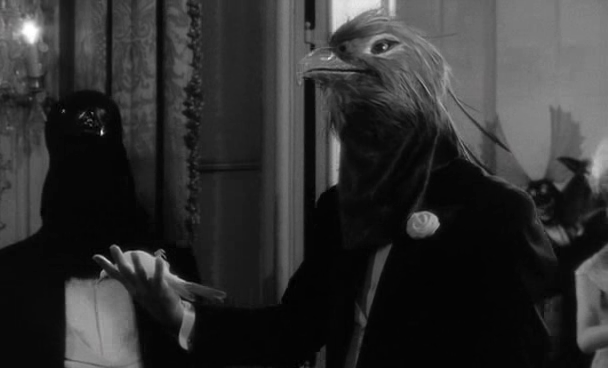
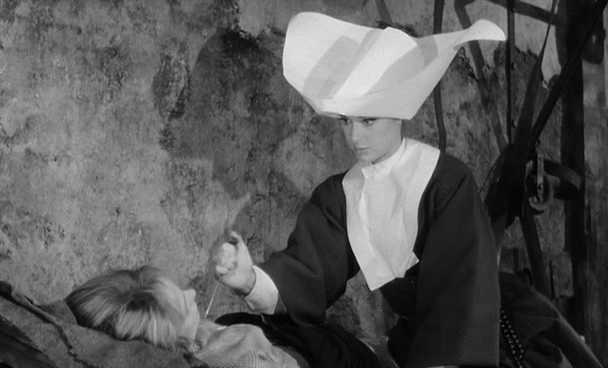
One thought on “Judex (1963)”
First viewing. Not must-see, though I would recommend it for its unique place in French cinema history.
I only had a rough idea of what to expect here so I was delighted to discover just how captivated I was as the film began and the story developed. I definitely perked up early on. I was quite taken with its deliberate tone / pacing, its particularly inventive sections, and the decided quirkiness of its characters. (Jouanneau, in particular, amused me quite a bit throughout.)
Ultimately, this most likely isn’t a film for the average ff – and some may feel it’s a little slow. As it moved into its latter half, I began to sense (for some reason) that the film didn’t quite maintain the confidence exhibited in the first half. (As well, a few transitions seemed odd.)
Nevertheless, I remained engaged overall – and thought that I might want to give the film a second look at some point in the future.